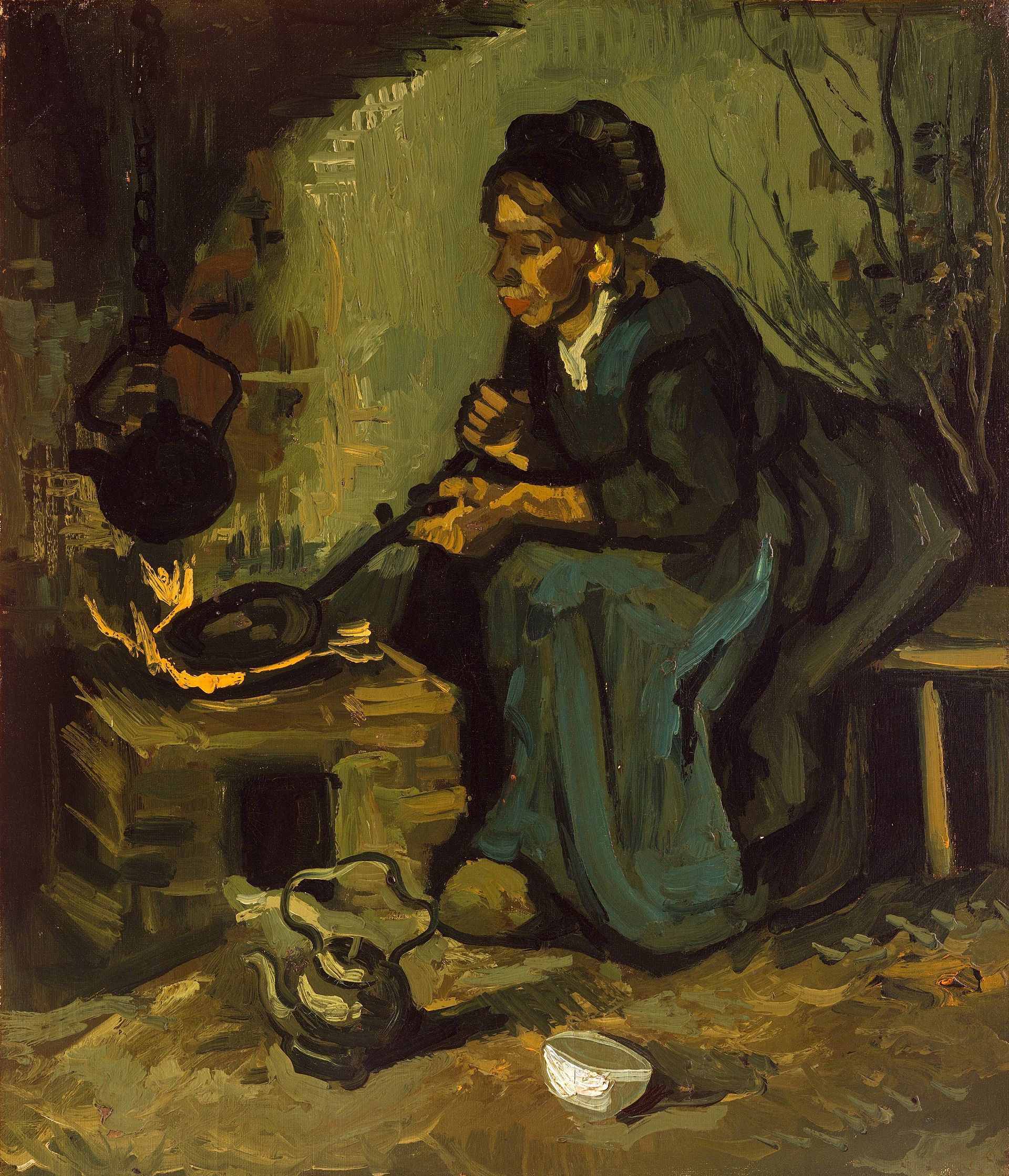More precarity of life. Remember in reading this passage from Graham Robb’s masterful The Discovery of France that there are people alive today who knew people who were alive when these events occurred.
The tradition of seasonal sloth was ancient and pervasive. Mountain regions closed down in the late autumn. Entire Pyrenean villages of wood, like Barèges on the western side of the Col du Tourmalet, were abandoned to the snow and reclaimed from the avalanches in late spring. Other populations in the Alps and the Pyrenees simply entombed themselves until March or April, with a hay-loft above, a stable to one side and the mountain slope behind. According to a geographer writing in 1909, “the inhabitants re-emerge in spring, dishevelled and anemic”. But hibernation was not peculiar to high altitudes. More temperate regions, too, retreated into a fortress of sleep. Idleness and torpor cast an eerie pall over the well-cultivated parts of the Berry, where seasonal variations are slight and the temperature rarely falls below freezing. George Sand’s normally phlegmatic husband felt “something like fear” when he saw tidy land that seemed to be farmed by ghosts. The fields of Flanders were deserted for much of the year. An official report on the Nièvre In 1844 described the strange mutation of the Burgundian day-labourer once the harvest was In and the vine stocks had been burned:
After making the necessary repairs to their tools, these vigorous men will now spend their days in bed, packing their bodies tightly together in order to stay warm and to eat less food. They weaken themselves deliberately.
Human hibernation was a physical and economic necessity. Lowering the metabolic rate prevented hunger from exhausting supplies. In Normandy, according to the diary of Jules Renard, “the peasant at home moves little more than the sloth” (1889); “in winter, they pass their lives asleep, corked up like snails” (1908). People trudged and dawdled, even in summer. They ate more slowly than modern people. Life expectancy at birth now seems depressingly low: in 1865, it was a few months over forty years in only twenty départments; in Paris and Finistère, it was under thirty; the national average was thirtyseven years two months. Life expectancy at five was fifty-one. Despite this, complaints about the brevity of life are far less common than complaints about its inordinate length. Slowness was not an attempt to savour the moment. A ploughman who took hours to reach a field beyond the town was not necessarily admiring the effect of morning mist on the furrows and the steaming cattle against the rising sun, he was trying to make a small amount of strength last for the working day, like a cartload of manure spread over a large field.
A similar practice seems to have existed in late czarist Russia, according to an article in the British Medical Journal:
A practice closely akin to hibernation is said to be general among Russian peasants in the Pskov Government, where food is scanty to a degree almost equivalent to chronic famine. Not having provisions enough to carry them through the whole year, they adopt the economical expedient of spending one half of it in sleep. This custom has existed among them from time immemorial. At the first fall of snow the whole family gathers round the stove, lies down, ceases to wrestle with the problems of human existence, and quietly goes to sleep. Once a day every one wakes up to eat a piece of hard bread, of which an amount sufficient to last six months has providently been baked in the previous autumn. When the bread has been washed down with a draught of water, everyone goes to sleep again. The members of the family take it in turn to watch and keep the fire alight. After six months of this reposeful existence the family wakes up, shakes itself, goes out to see if the grass is growing, and by-and-by sets to work at summer tasks. The country remains comparatively lively till the following winter, when again all signs of life disappear and all is silent, except we presume for the snores of the sleepers. This winter sleep is called lotska.
